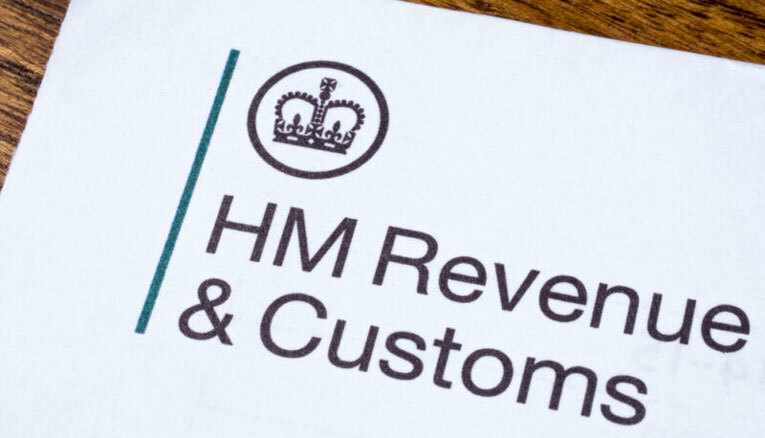Small business guide to UK corporation tax
13 Jul 2020

The government may have allowed UK small businesses to postpone their VAT payments due to the coronavirus pandemic, but there have been no automatic concessions for corporation tax. Companies must still pay these tax bills by their deadlines when they fall, although if people are struggling to pay they can speak to HMRC who will try to help.
In a sign of the effect of the pandemic on UK profits, corporation tax takings fell 55% in the 12 months to April 2020, according to HMRC. That is the largest fall of any tax except VAT.
This article covers
What is corporation tax?
Corporation tax is one of the most important taxes for small companies, because any firm doing business in the UK must pay it on their profits.
If your company is based in the UK, it pays corporation tax on all its profits from the UK and abroad. If your company is not based in the UK but has a branch or office or here, it only pays corporation tax on profits from UK activities.
This also applies to clubs, co-operatives or other unincorporated associations, such as community groups or sports clubs.
You do not get a bill for corporation tax - you must calculate, pay and report on it yourself, or with help from your accountant or tax adviser.
What is the corporation tax rate?
The current UK corporation tax rate for company profits is 19%. The government had planned to reduce this to 17%. But it disappointed many small businesses by shelving that plan in the 2020 budget and keeping the rate at 19%.
Taxable profits include the money you make from doing business, investments, and selling assets for more than they cost (chargeable gains). For a chargeable gain, you need to work out your gain to calculate the tax.
There are also different rates for companies involved in oil rights or extraction in the UK or UK Continental shelf - these are known as ring fence profits.
Small company responsibilities
Small companies have several responsibilities relating to corporation tax.
The first is to register for corporation tax when you start doing business or restart a business.
Second, you must keep accounting records, prepare a company tax return, and file it by your deadline. You must do this even if you owe no tax, for example, because your company made a loss.
Finally, you must pay the corporation tax you owe by your deadline (see below).
How to pay corporation tax
The time you need to allow for payment to reach HMRC depends on how you pay.
To ensure payment the same or next day, use online or telephone banking (Faster Payments), or CHAPS.
To pay within three working days, use Bacs; a direct debit, if you have one setup; debit or corporate credit card; or your bank or building society.
For payment to arrive within five working days, set up a new direct debit. If the deadline falls on a weekend or bank holiday, make sure your payment reaches HMRC before that, unless you are using Faster Payments.
You cannot pay corporation tax at the Post Office or by post.
You will need your unique tax reference (UTR), which should be on correspondence sent to you by HMRC.
Corporation tax deadlines
Deadlines depend on your accounting period, which is usually the same 12 months as the financial year in your annual accounts.
Companies with profits up to £1.5 million must pay corporation tax nine months and one day after the end of their accounting period. The deadline for filing corporation tax returns is usually 12 months after your accounting period ends.
So, if your accounting period ended on 31 March 2020, your payment deadline would be 1 January 2021 and your tax return deadline would be 31 March 2021. You can check your accounting period in your HMRC business tax account.
Those with taxable profits above £1.5 million must pay corporation tax electronically in instalments with different deadlines.
Corporation tax reliefs
You may be able to receive deductions or tax credits, known as reliefs, on your corporation tax.
You can deduct business running costs from pre-tax profits, and capital allowances on business assets such as equipment, machinery and business vehicles.
If applicable, you can also claim for:
• research and development (R&D) relief
• The Patent Box if your company makes a profit from patented inventions
• reliefs for creative industries (CITR) if your company makes a profit from theatre, film, television, animation or video games
• relief on goodwill and other relevant assets, such as unregistered trademarks and customer relationships
• disincorporation relief if you close your company and become a sole trader, ordinary business partnership or limited partnership
• terminal, capital and property income losses
• trading losses.
Corporation tax late filing penalties
HMRC may charge you penalties and interest if you do not pay by the deadline. However, it will pay you interest (currently 0.5.%) if you overpay or pay your tax early.
Penalties range from £100 for being one day late to 20% of the unpaid tax if you are 12 months late.
If you have a reasonable excuse for late payment, you can appeal against a penalty by writing to your corporation tax office.
To get help with corporation tax, appoint an accountant or tax adviser; or contact the HMRC helpline.
The content on our site is provided for general information only. Obtain specialist advice before taking, or refraining from, any action on the basis of the content on our site.


